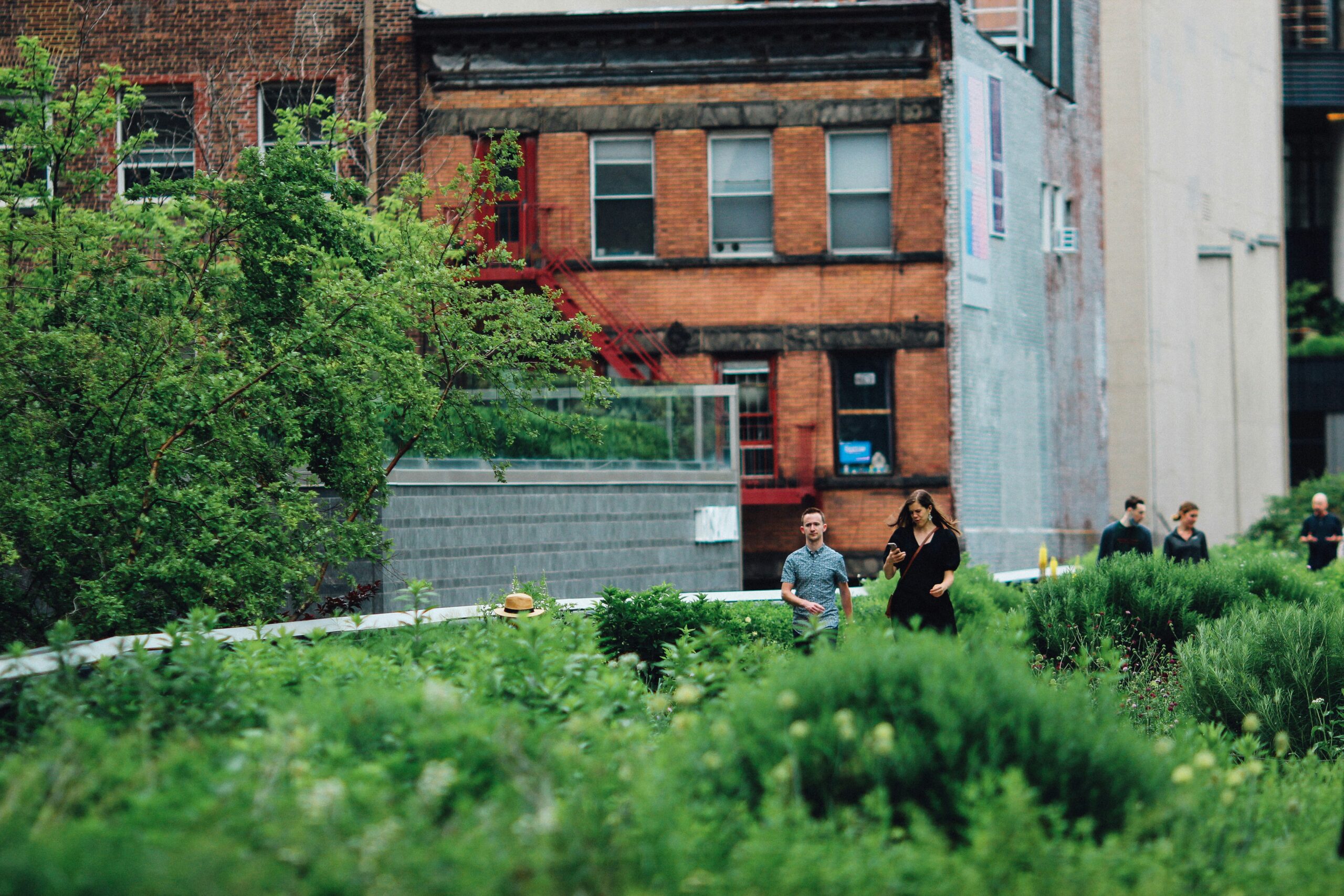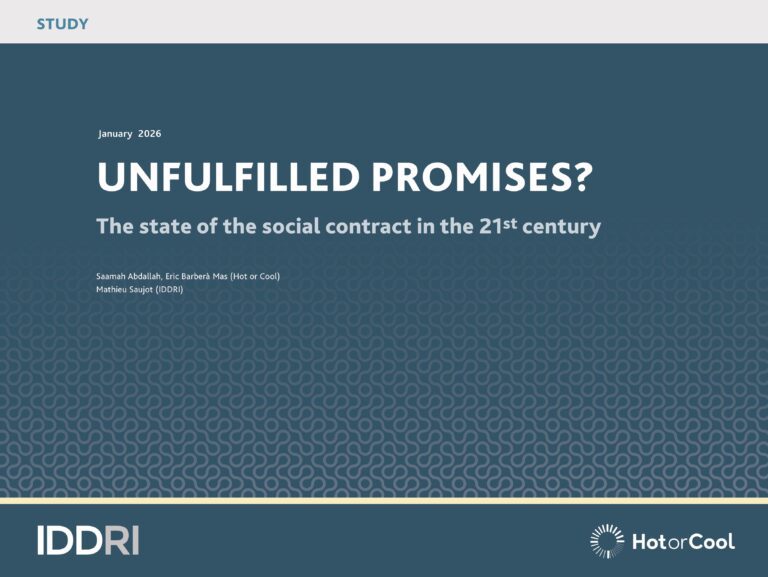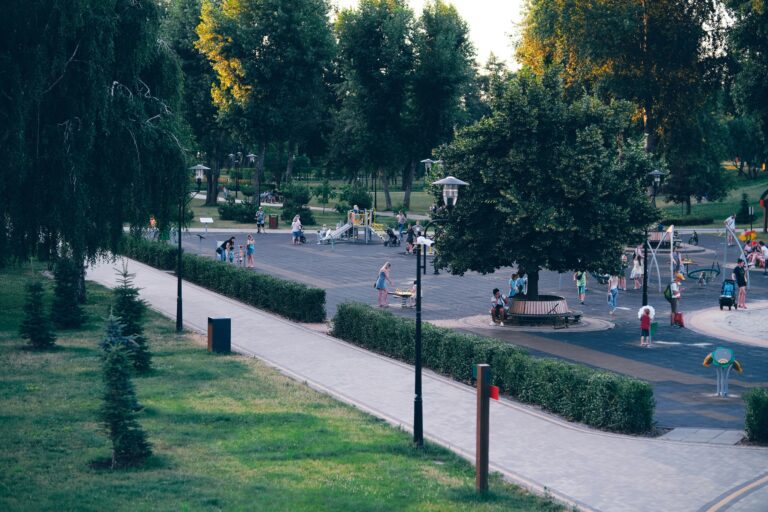As cities across the world face increasing pressures from climate change, housing shortages and growing inequality, a new report by The Club of Rome and the Hot or Cool Institute warns that current approaches to city design are failing to address the scale and urgency of urban challenges and calls for a fundamental shift in how we design and govern urban areas.
The report titled Transforming the Built Environment presents a framework to help cities move beyond merely improving existing systems, guiding them toward a new solution space where transformative policies and strategies can emerge and be effectively implemented.
“Cities are trapped in the pursuit of sustainable parts or sectors, based on the misleading assumption that the sum of the parts can lead to a sustainable whole. We need to fundamentally rethink the policies, values and narratives guiding urban development, focusing less on the elements and more on the interactions; so that we can effectively reorganise our urban systems in ways that provide services and produce places for people and planet to thrive” said Aimée Aguilar Jaber, lead author and programmes director at the Hot or Cool Institute.
According to the report, decision-making for cities and the built environment often reinforces inequality, environmental degradation and social disconnection. Cities are too often treated as machines built for efficiency, rather than as urban systems where different elements – buildings, transport infrastructure, public spaces and ecosystems interact; shaping the spaces where people live, work and engage.
Including input from urban policy and planning experts, the report finds that disjointed, reactive city planning, with short-term profit motives as the dominant force, is locking cities into carbon-intensive infrastructures and widening social divides.
The report argues that adopting a systems-based approach represents a critical shift in mindset, one that is essential for driving deep, large-scale transformation. This approach reveals overlooked opportunities to reshape the core interactions and functions within urban systems, while also shifting the focus from sector-specific means, such as mobility housing and infrastructure to broader end goals like access to services, opportunities and healthy living environments.
It also stresses the importance of enabling local ownership and building shared visions that reflect a more integrated understanding of the social, economic and environmental challenges cities face. By doing so, the report suggests, new models for sustainable urban living can take root in communities and gain the support needed to scale effectively.
Case studies from Barcelona, the UK and Ireland are featured, illustrating how a holistic approach can lead to transformative change and how the tools offered by systems thinking can be used in practice. These real-world examples show this can not only deepen understanding but also yield tangible outcomes, improving quality of life and reducing environmental impact.
“Our report has shown that systems thinking is not just a theoretical concept, it’s a practical tool for transforming urban landscapes. To help cities put theory into practice, we are proposing a follow-up initiative to support local governments to adopt this approach, strengthening collaboration across sectors and bringing citizens on board for driving the deep, structural changes needed to create sustainable, inclusive and resilient urban futures”, says Laetitia Mairlot, author and programme manager at The Club of Rome.
This article was originally published by the Club of Rome.






